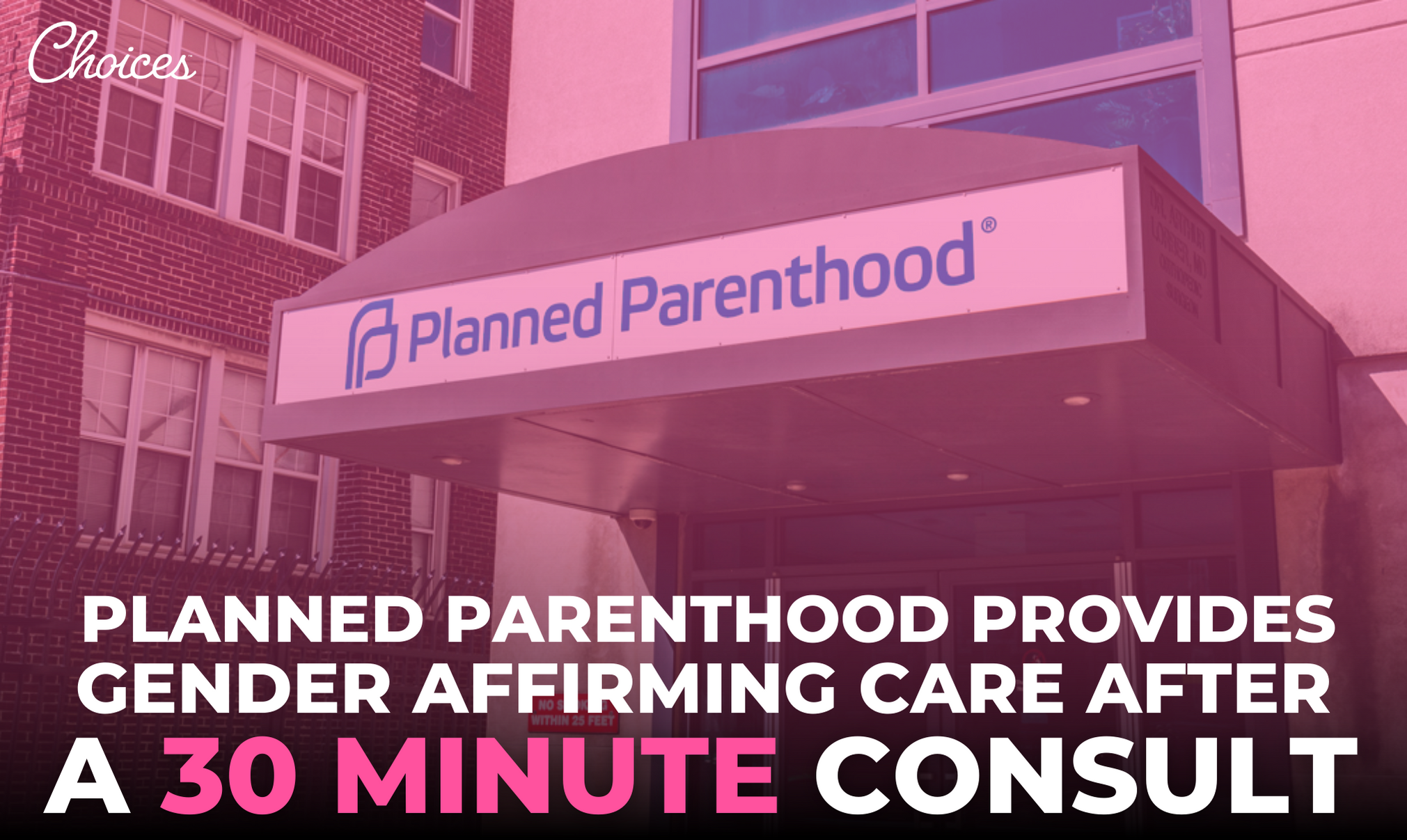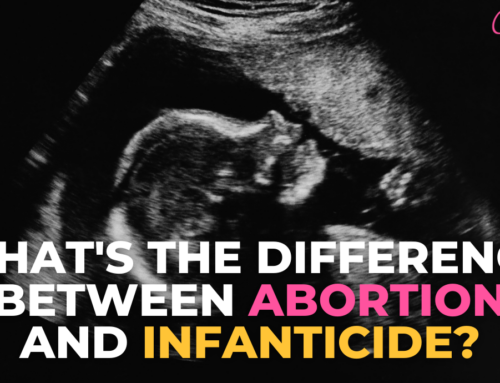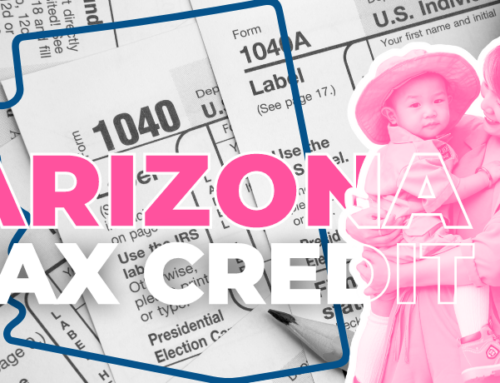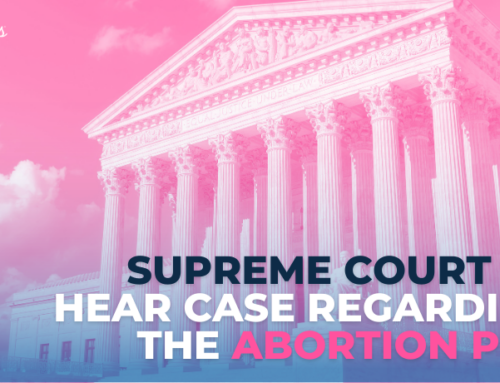Planned Parenthood is wading into transgender ‘care,’ doling out prescriptions for estrogen and testosterone – even to kids with special needs.
Fred, an 18-year-old high school student residing in New Jersey, has encountered developmental challenges throughout his life. He was diagnosed with autism and ADHD with autistic traits at the tender age of four [1]. Navigating through the complexities of depression and anxiety as he matured, Fred’s journey has been marked by significant behavioral hurdles, leading to his expulsion from three special-needs schools due, in part, to an impulse control disorder. Currently living with his parents, who have requested the preservation of his anonymity, Fred finds himself at the crossroads of a narrative that reflects the multifaceted nature of his experiences.
In December 2022, at the age of 17, Fred made a sudden announcement: he identified as a transgender woman. This revelation emerged after a similar declaration by his best friend, who also grapples with autism. Faced with a delicate balance of concern and openness, Fred’s parents took steps to support their child’s evolving identity. They adopted the use of a female name for Fred at home. They contemplated enrolling him in the Gender and Autism Program at Children’s National Hospital—a facility recognized for its specialization in catering to the unique needs of autistic youth exploring gender identity.
However, the family was informed of a year-long waitlist at the gender clinic. With Fred’s 18th birthday approaching rapidly, he desired to expedite the process. In a decision made while his parents were out of town, Fred opted to seek assistance from Planned Parenthood in late July.
This decision, rooted in his autonomy as a legal adult, allowed him to obtain hormone prescriptions without a letter from a therapist or a formal diagnosis of gender dysphoria. The only prerequisite was a short consultation.
Fred reached his neighborhood clinic at approximately 11:00 a.m., as indicated by the phone tracking data employed by his parents for location monitoring. In a remarkably brief timeframe, just 39 minutes later, CVS notified them via text message that Fred’s estrogen prescription was en route. In contrast to the conventional months-long evaluation conducted by specialized psychiatrists, Planned Parenthood swiftly issued a potent prescription for a significant medication to their special-needs son, all transpiring without their knowledge or consent.
“It’s criminal what Planned Parenthoods all over the country are doing,” Fred’s mother, a New Jersey pediatrician, said. “And most people have no idea this is happening.”
A Lucrative Opportunity
Planned Parenthood’s strategic shift towards transgender services is seen as a financially astute decision, as highlighted by National Review:
“Transgender treatments could become a major cash cow for Planned Parenthood and other organizations in a post-Roe world. Unlike abortions, which can be a one-time payment, gender-transitioning treatments are recurring and expensive — hormone therapy can cost more than $2,000 per year.”
Regrettably, the harm inflicted by Planned Parenthood extends beyond administering potentially hazardous hormones to vulnerable youth. The associated side effects – including but not limited to – infertility, diabetes, liver toxicity, and permanently altered sexual features, underscore the gravity of these interventions. But their influence extends even further by spreading a controversial sex education curriculum in public schools nationwide.
With waitlists expanding at clinics such as Children’s National and growing concerns regarding the risks of hurried transitions, numerous young individuals turn to Planned Parenthood to bypass any delay and evade established safeguards.
This situation has prompted unexpected critiques of Planned Parenthood, even from supporters of transgender ideologies. For example, a liberal psychologist has concerns despite being integral to introducing pediatric gender medicine in the United States.
Laura Edwards-Leeper, co-founder of the nation’s inaugural pediatric gender clinic at Boston Children’s Hospital in 2007, expressed her caution: “I have always been a staunch supporter of Planned Parenthood and am pro-choice. However, they have assumed a responsibility for which they lack the necessary expertise.” She highlighted the severity of the issue, noting that some of her patients obtained hormones from Planned Parenthood before undergoing assessment at her clinic.
However, as Planned Parenthood remains an ever-present allure for older teens, even the most conservative clinics are compelled to minimize gatekeeping to retain their patient base. According to Erica Anderson, a former president of the US Professional Association for Transgender Health, this leads to a competitive downward spiral where all providers, regardless of their philosophical stance, gravitate towards the hasty ‘informed consent’ model embraced by Planned Parenthood. This model involves providing life-altering drugs to nearly anyone who seeks them. Such a shift has raised concerns even among the progressive trailblazers in gender medicine, who argue that some 18-year-olds, particularly those with special needs, may not be capable of offering meaningful consent to hormone treatment without comprehensive counseling.
The guidelines published in the Journal of Clinical Child & Adolescent Psychiatry underscore that “consenting for treatment may be more complex in this population” of adolescents with autism, given the inherent challenges they may face in comprehending the long-term risks and implications of gender-related medical interventions.
Fred’s parents echoed a comparable argument in a complaint they submitted to New Jersey’s nursing and medical boards in July. The reviewed complaint, as obtained by the Free Beacon, contended that Planned Parenthood breached standards of care by administering estrogen to Fred without a comprehensive psychiatric assessment. The complaint further highlighted that Fred’s autistic traits posed challenges to his ability to provide informed consent. Additionally, it raised a pertinent query about whether a mere 30-minute consultation allowed adequate time for contemplating the profound implications of a permanent loss of fertility.
“The New Jersey State Medical Board has an obligation to protect children and young adults, especially those with special needs,” the document states. “This type of shoddy (and irreversible) medical practice is a threat to all of them.”
Is Gender-Changing Hormone Therapy Real Health Care?
Even for individuals without special needs, Laura Edwards-Leeper emphasized that 18 is a relatively young age to eliminate all safeguards. Noting that the brain continues developing until at least 25, she highlighted that the prefrontal cortex, responsible for long-term planning and decision-making, undergoes the lengthiest maturation process.
“The 18-25 range has been acknowledged as a distinctive developmental period in psychology,” Edwards-Leeper remarked, disclosing her unsuccessful attempt to persuade WPATH to formulate separate standards of care for this age group in the gender field. She underscored the need within the gender field to establish a definitive boundary at 18.
At fifteen, Helena Kirschner discovered a sense of love and acceptance through online social media groups that eluded her elsewhere. However, grappling with shame regarding her status as a “privileged white girl,” she felt compelled to align herself with oppressed minority groups. As a result, she decided to start identifying as a trans boy.
Like Fred’s situation, a brief half-hour consultation resulted in her being prescribed the highest dosage of testosterone immediately, without any prior testing or examinations. Subsequently, her mental health began to deteriorate. However, it took her a couple of years to recognize that testosterone was the root cause of what eventually became a harrowing experience for her.
Why the Surge in Gender-Affirming Therapy?
Planned Parenthood stands out as a major distributor of cross-sex hormones in the United States, rapidly expanding its reach. Affiliates in the greater Portland area reported an astounding surge of nearly 400 percent in “gender-affirming care visits” from 2021 to 2022, according to their annual reports.
The recent surge can be attributed to various factors, with young people experiencing heightened pressure to stand out or conform to social norms, as illustrated in Helena Kirschner’s case. Most often, this type of life-altering decision is a direct response to deep hurt or trauma and a longing for the genuine acceptance that we all need. Additionally, human nature frequently finds affirmation and acceptance within our peer groups by adopting identities the group encourages us toward. This complex set of circumstances contributed significantly to the increased interest in gender-affirming measures in recent years.
Jesus is the only One who truly accepts and loves us unconditionally (John 15:9, 1 John 4:19) – no matter the circumstances. Consequently, when young people find themselves inspired or manipulated by narratives that ultimately hurt them or succumb to the pressures of their peer groups, our response as Jesus’s followers is not to alienate or reject them. At Choices, we create a non-judgmental environment where we can compassionately listen, gently guide, and pray for anyone who walks through our doors.
Your support means the world to us as we strive to be a guiding light for young people. If you haven’t done so already, please consider making a donation, volunteering your time, or simply keeping us in your prayers as we continue sharing the Greater Love of Jesus. For more information, visit our website.







